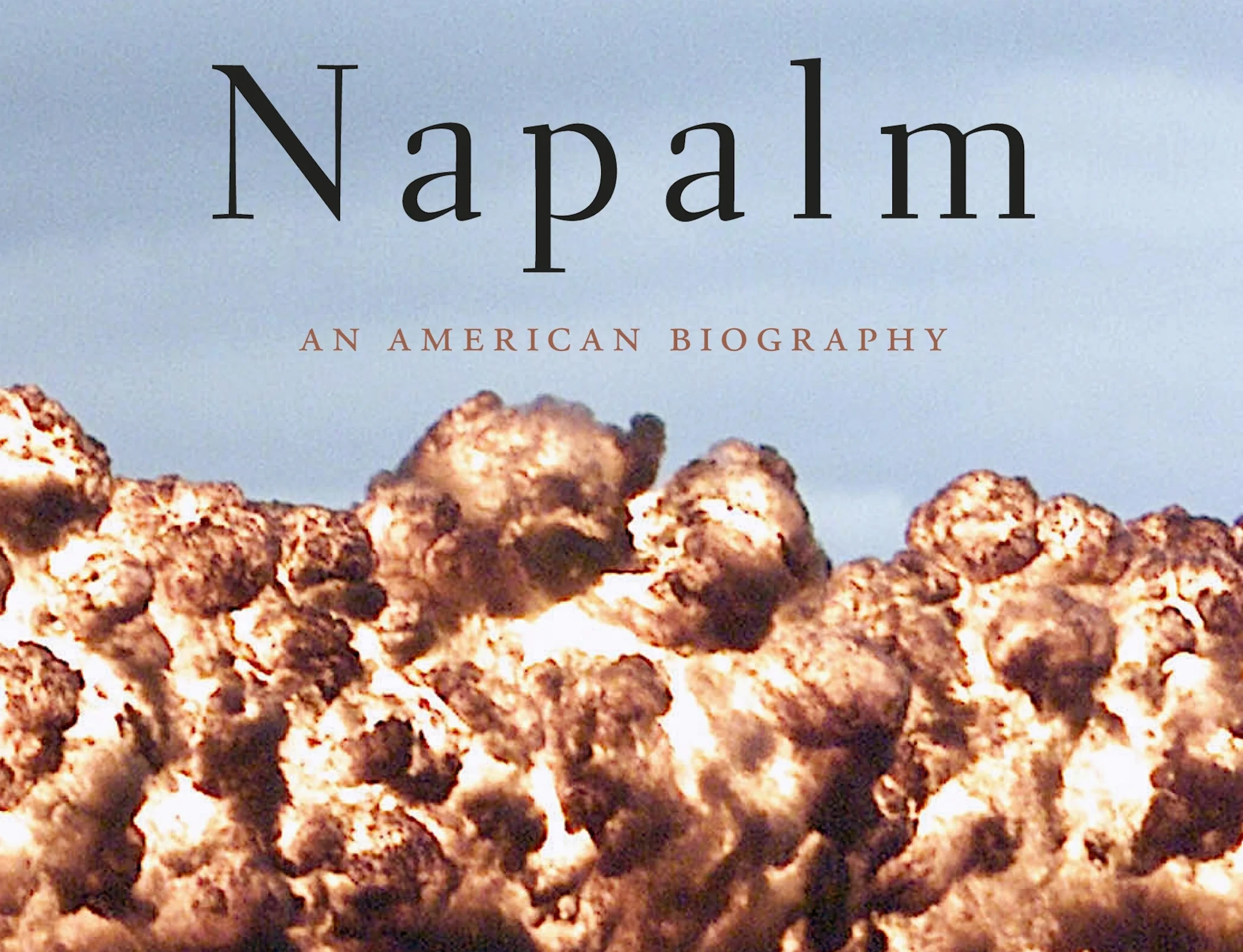
Empire of Liberty: A Global History of the U.S. Military, a summer course offered by the Columbia University History Department, presents America’s wars in context, from King Philip's War in 1675 to present conflicts in Afghanistan and the Middle East. This course charts the expansion of U.S. military power from a band of colonists to a globe-girdling colossus with over two million personnel, some 800 bases in 80 countries, and an annual budget of approximately $598 billion — about 54 percent of federal discretionary spending, and more than the next nine nations combined. It introduces students to the history of American military power; the economic, political, and technological rise of the military-industrial complex and national security state; the role of the armed services in international humanitarian work; and the changing role of the military in domestic and international politics.
Napalm, An American Biography
Born a hero, it lives a pariah.

Awarded the TOMS Core Faculty Fellowship for excellence in teaching Columbia College's oldest course — its "flagship academic offering," according to a recent dean — to hundreds of undergraduates between 2006 and 2014. Contemporary Civilization is a survey of 2,500 years of political philosophy from Plato, Aristotle and The Bible, through such works as the Qur'an and Machiavelli, to Locke, Rousseau, and Nietzsche.
